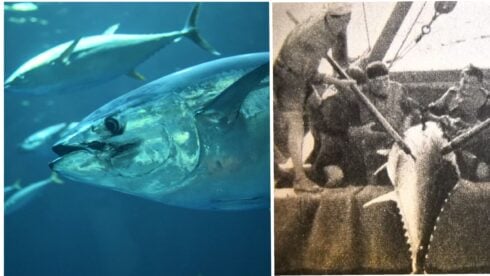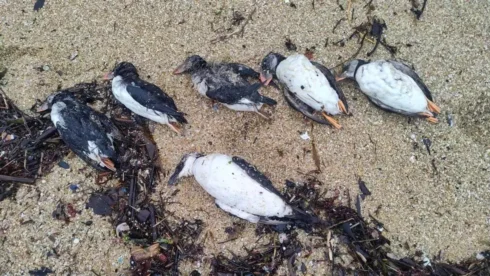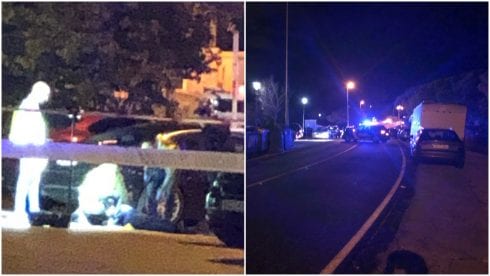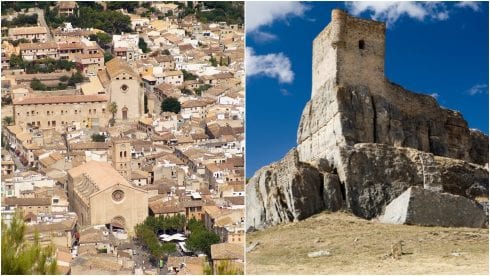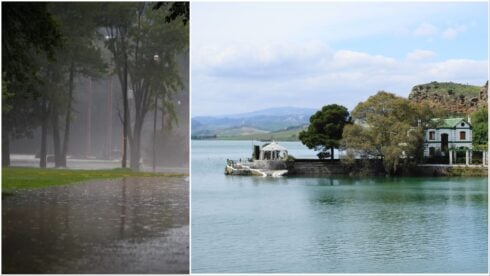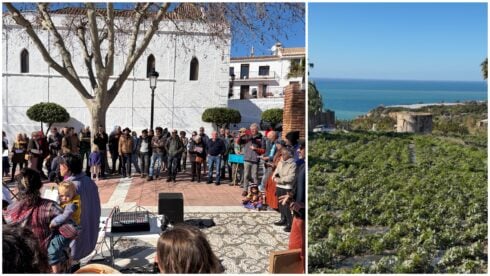MADRID is rocking a rainbow vibe as activists and dignitaries from almost 200 countries converge on the city for the COP25 climate change summit.
It puts our capital at the centre of the global map for the first two weeks of advent, and let’s hope it provides the best Christmas present for Greta and all!
Under a frosty blue sky that somehow seems to bely the global warming issues at hand, an estimated 20,000 participants emerged on Tuesday morning at the IFEMA conference centre where the key decision-making of COP25 is set to take place.

But naysayers would have found it hard to deny the signs of climate change after the president of the Marshall Islands, Hilda Heine, took the floor to describe her country’s ‘fight to the death’ when its capital, Majuro, battled a 16ft average swell that washed through its streets.
“It’s a fight to the death for anyone not prepared to flee,” she pleaded. “As a nation, we refuse to flee, but we also refuse to die.”
Islands such as São Tomé and Príncipe, off the coast of central Africa, are also on the frontline and face floods as often as 10 times a year.
“I took him to task personally over his statement that he would save Notre Dame before he would save the Amazon rainforests”
Yet visiting African meteorologist Jose Luis was cautiously optimistic when asked about the future.
“I think everyone knows that the weather is changing,” he told me outside the summit’s key blue zone, which is hosting the main players during the 12-day UN conference.
“If everyone can give the matter real importance, we can achieve the goals. But there needs to be more education.”
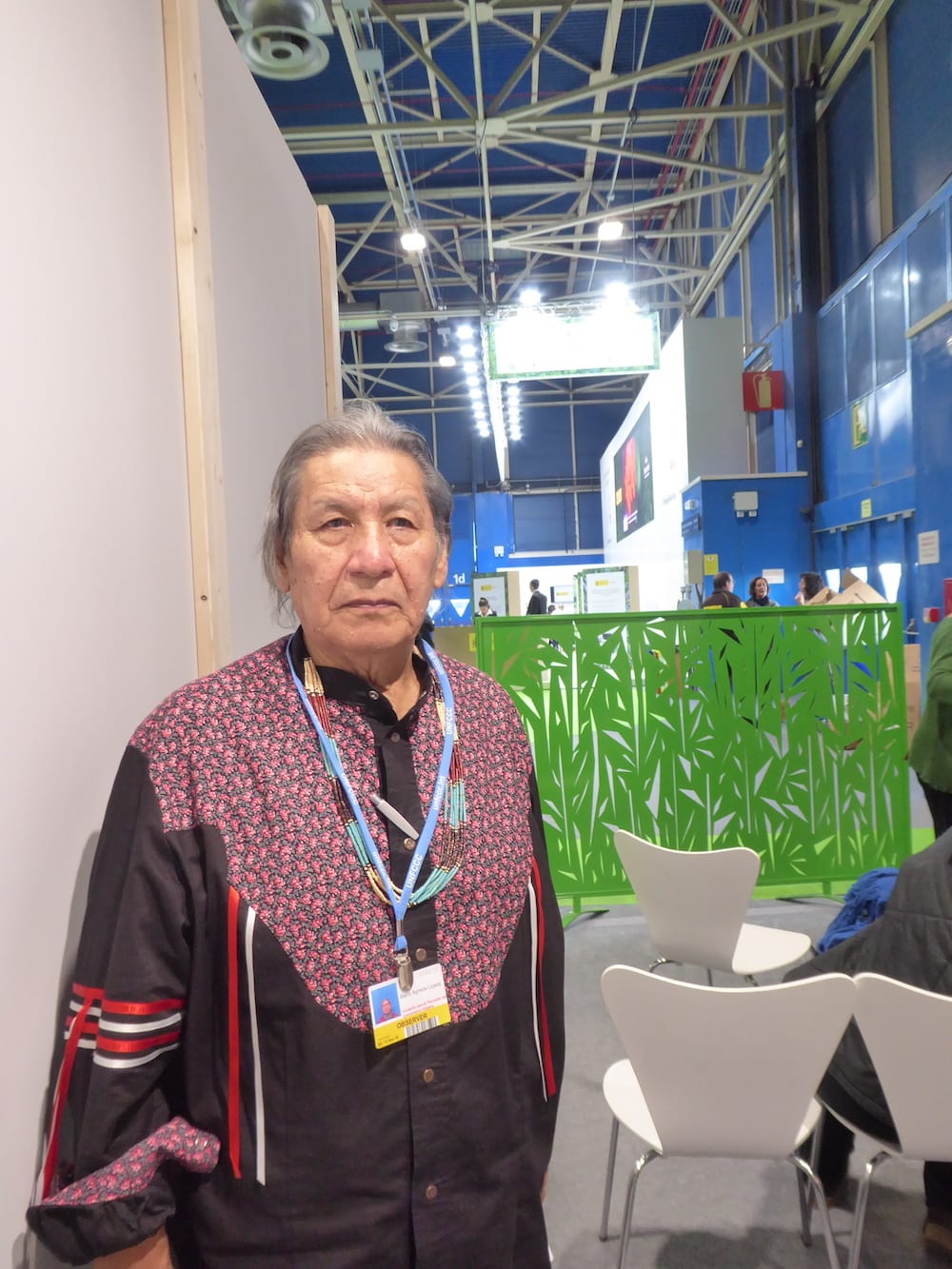
It can be hard to make people care about climate change, particularly in countries that have so far experienced less direct ‘change’.
For some, there will always be more pressing issues, as reflected by the current mayor of Madrid Jose Luis Martinez-Almeida’s thwarted attempt to unravel ‘Madrid Central’ – the restriction of traffic in the central zone implemented by his predecessor, Manuela Carmena.
Despite his endeavours to raise emissions, he has welcomed the summit with open arms, and even went so far as to use the EU’s ‘Green Capital’ title.
Making the eco-credential claims at the Puerto de Alcalá, he soon found activists promptly intervening to change the word ‘Green’ to ‘Grey’.
One critic, Mario Agreda Uzeda, a delegate for CAPAJ, of the First Andean People, insisted the mayor was a fraud.
“I took him to task personally over his statement that he would save Notre Dame before he would save the Amazon rainforests,” he told me.
“He said he had spoken truthfully but that is his truth, not humanity’s.”
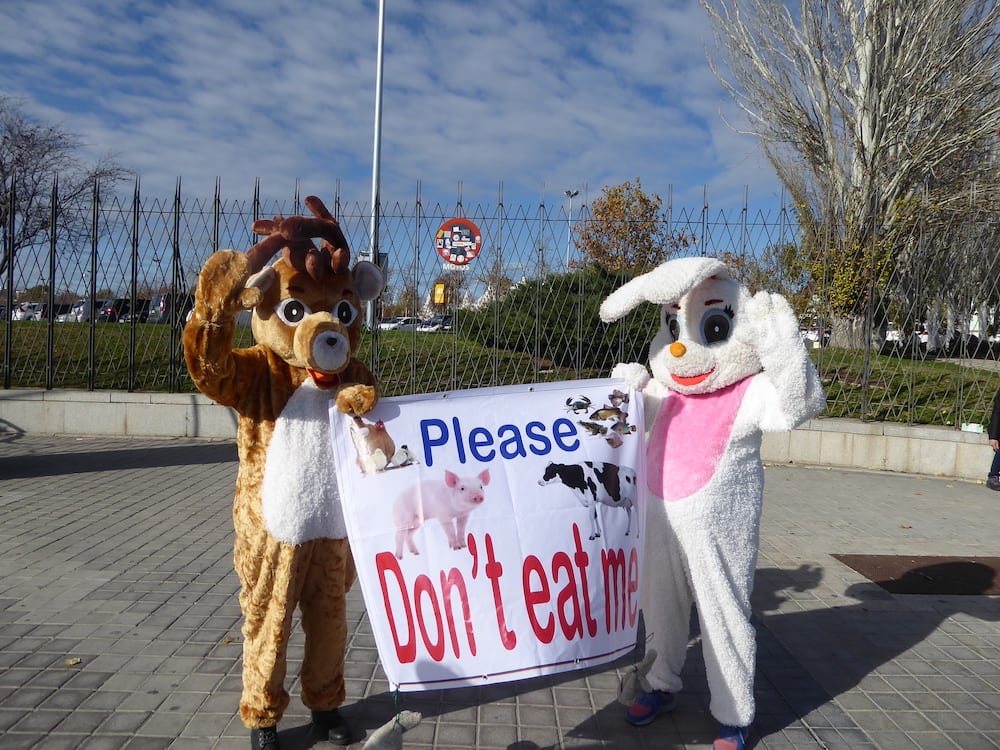
Agreda believes that the key to saving the world lies in a system change.
“What I am proposing is a collective in Europe and the Americas that would impose fiscal legislation on multinationals, who basically control everything.
“The future for Bolivia, Peru, Ecuador, Chile and Argentina looks bleak because they have 87% of the world’s lithium and 80% of its fresh water.
“The fight is going to be over these commodities and the local Indian communities will be displaced as a consequence.”
“She has been a leader that has been able to move and open hearts for many young people and many people all over the world”
A system change seemed to be what the new President of the EU Commission, Ursula von der Leyen, was suggesting when she laid out the plans for the first ever European Climate Law to be put forward in March that would make the transition to climate neutrality irreversible.
“In 10 days from now, the European Commission will present the European Green Deal,” she stated boldly on Monday. “Our goal is to be the first climate neutral continent by 2050.”
But Greenpeace climate specialist Tatiana Nuño said more concrete timeframes and figures were needed.
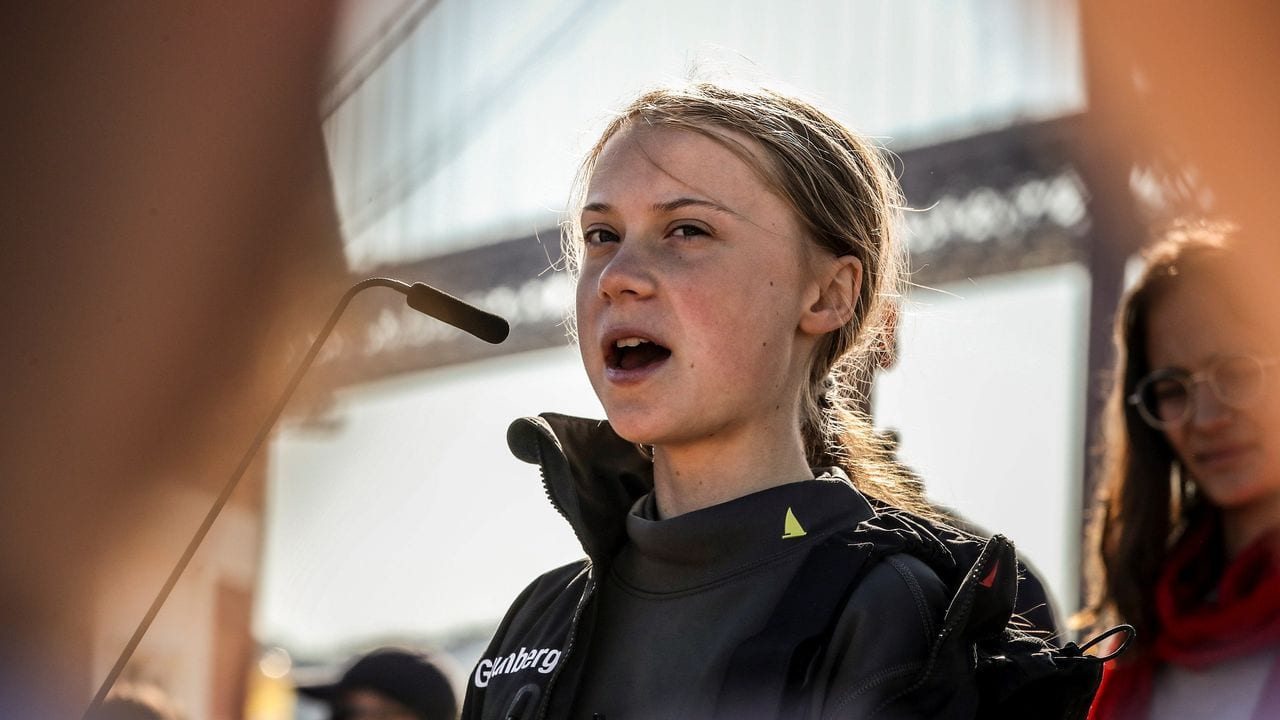
“The first day was filled with words expressing good intentions but there is an enormous gap between the words and actions,” she tells the Olive Press.
“Europe has a chance to lead. Europe and Spain can play an important role in getting behind the Chilean COP25 presidency to push the agenda and increase ambitions but so far we are not seeing that.”
Of course, there is still time for Europe to raise the ante, a speciality of Swedish teen activist Greta Thunberg who was set to arrive on Wednesday after hitching a ride with an Australian couple on their catamaran over the Atlantic.
Thunberg’s role in the recent surge of global warming awareness was recognised at the summit by Chile’s environment minister Carolina Schmidt who is heading up the Chilean presidency while the country’s president Sebastián Piñera sorts out conflict back home – ‘not unrelated’, as Nuño points out.
“She has been a leader that has been able to move and open hearts for many young people and many people all over the world,” Schmidt said addressing the summit.
“We need that tremendous force in order to increase climate action.”
Her presence, which is expected to be felt by Friday, could be the magic ingredient that will nudge the politicians into making commitments that will mark a before and after – a point of no return in the best sense of those words.
Taking a stroll around the green zone for eco-enthusiasts plugging sustainability with workshops, etc, etc, this week, there was definitely a sense of how and what will incorporate the ‘the new world’.
One thing for certain, as the decade proves to be the hottest on record, that needs to start from next year. And urgently.
Heather Galloway writes features and long-reads for the Olive Press. Check out her other articles on everything from General Franco to depopulation in rural Spain.
Click here to read more Environment News from The Olive Press.



